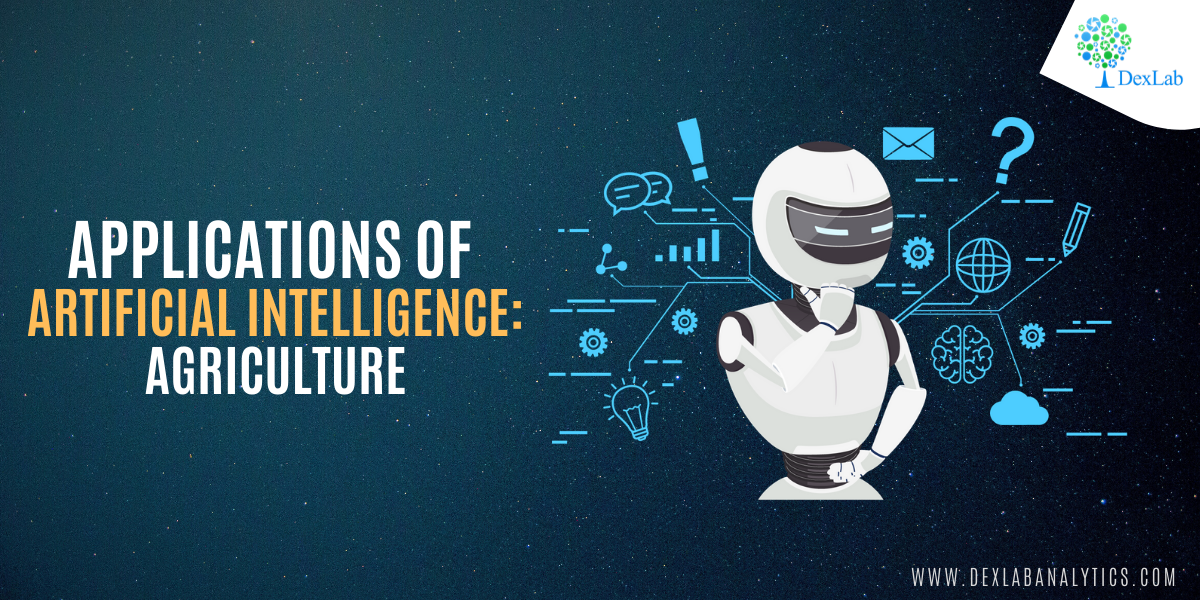
This article, the first part of a series, is on the application of artificial intelligence in agriculture. Popular applications of AI in agriculture can be sectioned off into three aspects – AI powered robots, computer vision and seasonal forecasting.
Robots
Firstly, companies are now gradually adopting AI powered machines to automate agricultural tasks such as harvesting larger volumes of crops faster than human workers. For instance, companies are using robots to remove weeds and unwanted plants from fields.
Computer Vision
Secondly, companies are using computer vision and deep learning algorithms to process and study crop and soil health. For instance, farmers are using unmanned drones to survey their lands in real time to identify problem areas and areas of potential improvement. Farms can be monitored frequently using these machines than they can be with farmers doing so on foot.
Seasonal Forecasting
Thirdly, AI is used to track and predict environmental impacts such as weather changes. “Seasonal forecasting is particularly valuable for small farms in developing countries as their data and knowledge can be limited. Keeping these small farms operational and growing bountiful yields is important as these small farms produce 70% of the world’s crops,” says a report .
The India story
In India, for instance, farmers are gradually working with technology to predict weather patterns and crop yield. Since 2016, Microsoft and a non-profit have together developed an AI sowing application which is used to guide farmers on when to sow seeds based on a study of weather patterns, local crop yield and rainfall.
In the year 2017, the pilot project was broadened to encompass over 3,000 farmers in Andhra Pradesh and Karnataka and it was found that those farmers who received the AI-sowing app advisory text messages benefitted wherein they reported 10–30% higher yields per hectare.
Chatbots
Moreover, farmers across the world have begun to turn to chatbots for assistance and help, getting answers to a variety of questions and queries regarding specific farm problems.
Precision Farming
Research predicts the precision agriculture market to touch $12.9 billion by 2027. Precision agriculture or farming, also called site-specific crop management or satellite farming, is a concept of farm management that utilizes information technology to ensure optimum health and productivity of crops.
With this increase in the volume of satellite farming, there is bound to be an increase in the demand for sophisticated data-analysis solutions. One such solution has been developed by the University of Illinois. The system developed aims to “efficiently and accurately process precision agricultural data.”
A professor of the University says, “We developed methodology using deep learning to generate yield predictions…”
Conclusion
The application of artificial intelligence to analyze data from precision agriculture is a nascent development, but it is a growing one. Environment vagaries and factors like food security concerns have forced the agricultural industry to search for innovative solutions to protect and improve crop yield. Consequently, AI is steadily emerging as the game changer in the industry’s technological evolution.
It is no surprise then that AI training institutes are mushrooming all across the world, especially in India. For the best artificial intelligence certification in Delhi NCR, do check out the DexLab Analytics site today.
.

Comments are closed here.